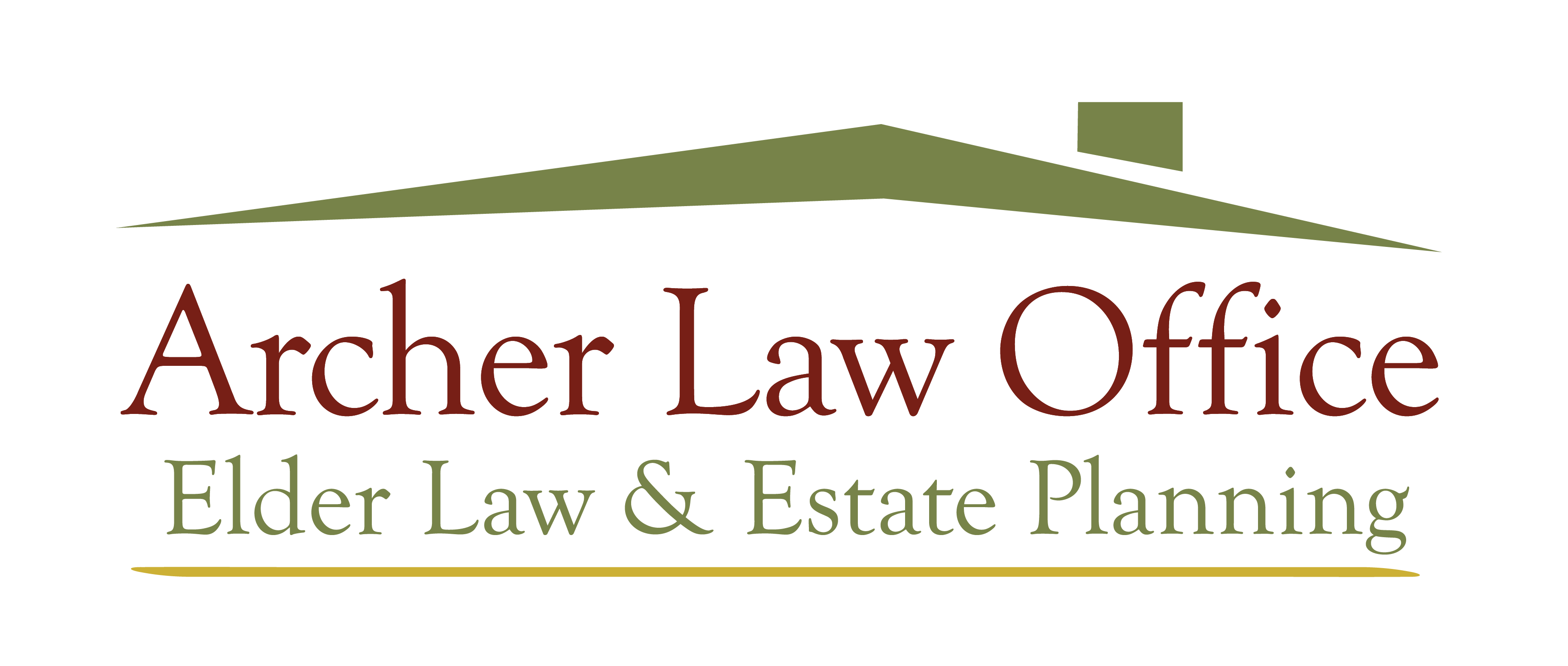A trust is a bucket.
What on earth does that mean? Well, I could tell you that a trust is a fiduciary arrangement established by someone allowing someone else to hold assets on behalf of a beneficiary or beneficiaries. I could tell you that trusts are established for any of dozens of different reasons, and have purposes ranging from estate planning to complicated tax planning to probate avoidance to asset protection. Or, I could give you a basic definition – a trust is a document that governs the distribution of funds placed into it. It's a bucket – you put water in a bucket and it stays there until you do something with it.
A trust typically has three players, who might or might not be the same people. A Grantor or Trustor is the person who is creating and funding the trust. A Trustee is the person who is acting in the best interest of the trust under what is called a fiduciary responsibility (what's a fiduciary, you ask? That's a different article.) The trust will then designate one or more beneficiaries, who receive the benefits of the trust. A trust can contain money, property, or anything a person can own themselves.
There are several benefits to forming a trust. Trusts can be arranged to specify exactly how and when the assets pass to the beneficiaries. Often, assets in a trust may be able to pass outside of probate, saving a lot of time and court fees. This is important in some states, and completely irrelevant in others. Beneficiaries may gain access to these assets more quickly than they might have if these assets were transferred using a will. Trusts can also be used in an attempt to avoid estate and inheritance taxes while also providing some measure of control to the Grantor over the money placed in trust.
The thing to realize is that a trust requires some care and maintenance, including tax returns and some guidance to the Trustee. Done incorrectly the Trust can be ineffective for its purpose, and that is a waste of time and effort. If you think that a trust is the way for you to safeguard assets or protect yourself or your family, you would do well to talk to your trusted advisors (a lawyer, an accountant, or a financial advisor would be a good start) to find out what your options are and whether you're doing the right thing.
Archer Law Office Can Help
For More Information Contact this office (609) 842-9200
